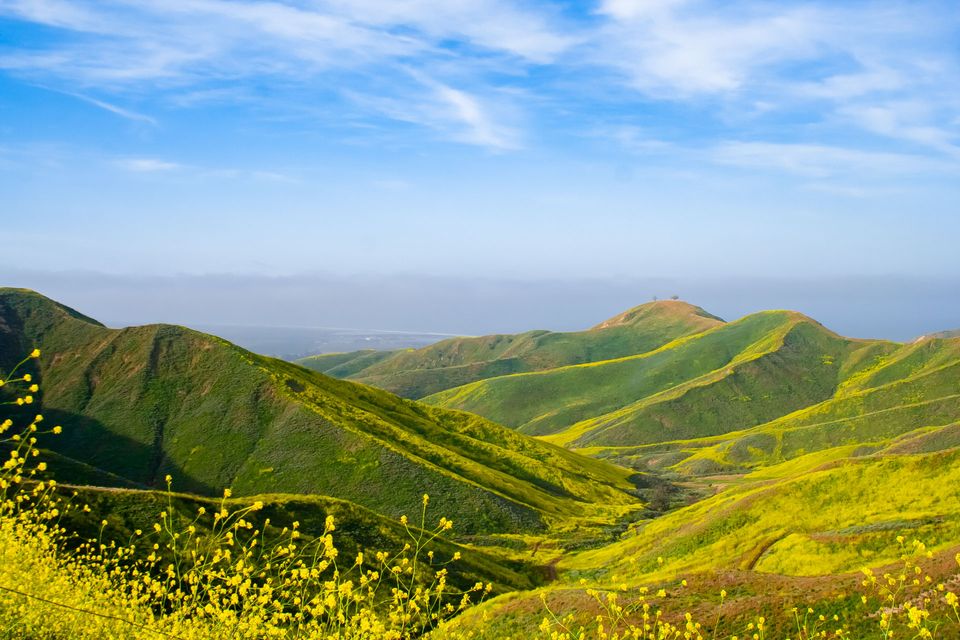Lovely Little Yellow Bed

You may know or remember I grew up in Camarillo. There's a completely untrue but charming story about my hometown's nomenclature: the early Californios came up over the Conejo Grade, saw all of the wild mustard seed, and said, "What a lovely little yellow bed!" In Spanish, the word for 'yellow' is amarillo, and the word for 'bed' is cama. Cama+amarillo = yellow bed. In truth, the Camarillo Family, who owned a 10,000-acre ranch that later became the town, was the source of the name. Yet, I can't help but be reminded of this weekend's Gospel each weekend our family escapes the city and retreats to the lovely little yellow bed.
Mustard seed serves as a powerful symbol of the potential impact of even the smallest acts of kindness and generosity. Just as the mustard seed is one of the tiniest seeds but can grow into a large and robust plant, our acts of giving, no matter how small they may seem, have the potential to grow and spread far beyond our initial intentions. When we offer a helping hand, a listening ear, or a simple act of charity, we plant the seeds of positivity and compassion in the world around us.
So is mustard a weed or harvestable grain like wheat? Who's to say—but we know mustard can flourish in diverse environments, just as our acts of giving can touch people from all walks of life, transcending borders and cultural boundaries. We can provide hope, comfort, and assistance to those in need, making the world a better place one gesture at a time.
St. John's Seminary—the institution that formed (three of) the four newly appointed auxiliary bishops of this Archdiocese—sits at the base of the Conejo grade, smack dab in the middle of the all the wild mustard. It's good soil. And I'm proud to have been planted and grown there—regardless of whether I'm wheat or a weed.